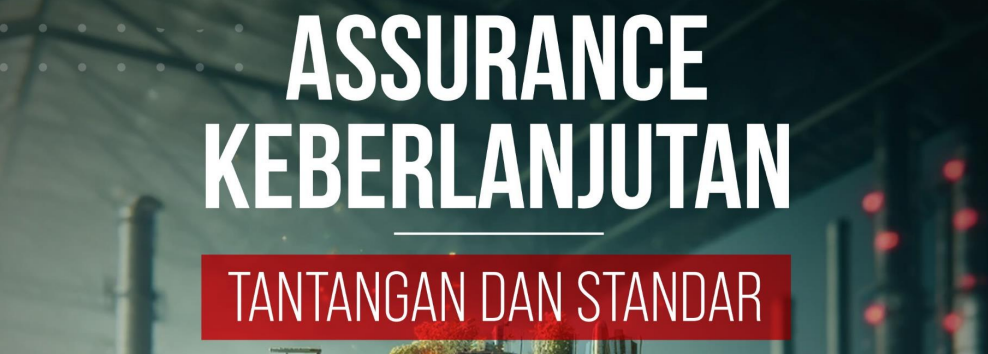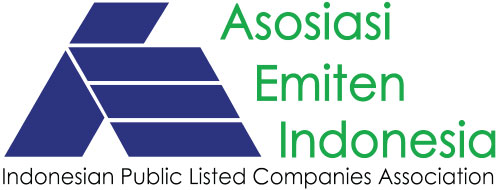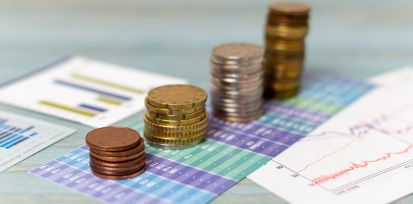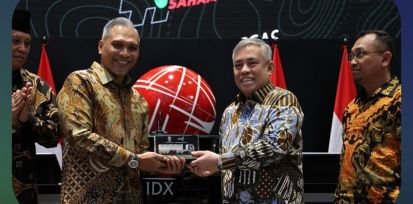

Assurance Keberlanjutan Tantangan dan Standar
The Current Sustainability Landscape
A. Sustainability reporting is key to a company's value and reputation.
B. The majority of global companies (98%) report sustainability, both in annual reports, integrated reports and standalone sustainability reports.
C. Various reporting standards are used: GRI (77%), SASB (52%), TCFD (71%), and IFRS S1-S2 integration which comes into effect January 2024.
Assurance Requests and Needs
A. The increasing demand for assurance is due to concerns about greenwashing and the importance of the credibility of reports.
B. Assurance increases stakeholder trust by ensuring the accuracy of sustainability reports.
C. Deloitte's report shows investors trust audited or guaranteed data more.
Sustainability Assurance Standards
A. AA1000: Emphasize inclusivity, materiality, responsiveness and impact, ensuring information is aligned with actual performance.
B. ISAE 3000 (Revised): Framework standards for non-financial information assurance, including sustainability, more aligned with traditional financial audits.
C. ISSA 5000: A new standard proposed by the IAASB to increase confidence in sustainability information, covering topics such as climate and human rights.
Conclusion
A. A consistent, standardized approach is required for transparency and reliability of sustainability reporting.
B. Assurance plays an important role in ensuring trustworthy sustainability information, supporting better decision making and increasing stakeholder confidence.
See in full: SUSTAINABILITY ASSURANCE, CHALLENGES AND STANDARDS




 Back to Home
Back to Home








